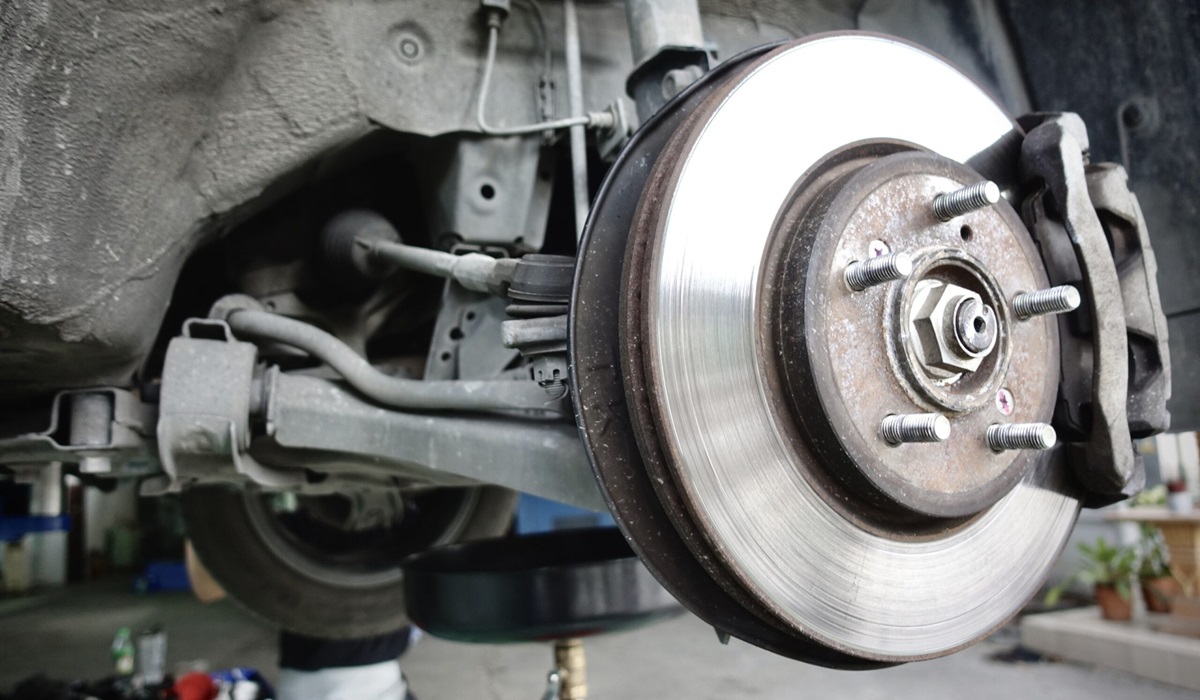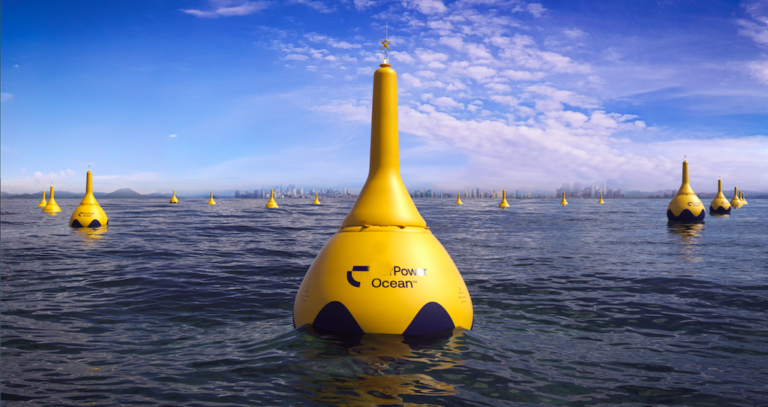COVID-19 Adverse Effects To Woman Entrepreneurs
- TDS News
- World News
- Canada
- COVID-19
- November 23, 2020

New MIWE Report Reveals How the COVID-19 Crisis Could Set Back a Generation of Women in Business
Women across the world have been disproportionally impacted by the Covid-19 pandemic – a staggering 87% of women business owners say they have been adversely affected. Over representation in sectors hardest hit by the economic downturn, the pronounced digital gender gap in an increasingly virtual world, and the mounting pressures of childcare responsibilities are only a few factors that have left women particularly vulnerable.
In tackling this stark disparity and unlocking the fullest potential of women in business, the Mastercard Index of Women Entrepreneurs (MIWE) 2020 report findings make a compelling case for building on targeted gender-specific policy best practices internationally.
Gender-targeted policies drive forward women’s entrepreneurial success
Now in its fourth year, the MIWE highlights the vast socio-economic contributions of women entrepreneurs across the world, as well as providing insight on the factors driving and inhibiting their advancement. Through a unique methodology – drawing on publicly available data from leading international organizations, such as the OECD and International Labour Organization – MIWE 2020 includes a global ranking on the advancement of women in business in pre-pandemic conditions across 58 economies, representing almost 80% of the female labour force.
MIWE 2020’s top performing economy is a prime example of gender-specific support mechanisms having swift and significant results. For the first time in the MIWE’s history, Israel tops the charts as the best economy for women entrepreneurs worldwide, advancing from 4th place in 2019.

Covid-19 has posed set-backs, but also opportunity
MIWE 2020 also provides initial analysis on the ramifications of Covid-19 on women at work, and draws out effective support policies. Although differing from economy to economy, those proving most effective include expansive relief measures for SMEs – from wage subsidies to furlough schemes and fiscal bailouts – as well as state childcare support.
Crucially, the report presents an optimistic outlook for the future of women entrepreneurs. It indicates that the pandemic could prove a catalyst for exponential progress for women in business and an opportunity to course-correct inherent gender bias.
The report notes that implications of these observations are profound. It further demonstrates the untapped value of women as leaders and, critically, highlights the role of the pandemic in expediating progressive solutions. Leveraging this momentum and championing gender-specific initiatives will be critical to realising women’s potential and winding down the $172 trillion lost globally (World Bank) due to the differences in lifetime earnings between women and men.
Sue Kelsey, Executive Vice President, Global Consumer Products and Financial Inclusion, Mastercard said: “A crisis will always reveal vulnerabilities in the system, and Covid-19 has done that in spades. We have seen the staggering extent of the disparity women in business face. But unlike any other economic downturn, Covid-19 has also paved the way for considerable progress and we have seen what we can be achieved when priority is given. However, are we brave enough to seize the opportunity, to listen to the data outlined in MIWE 2020 and act accordingly? Or will we cling on to a failed system, and allow the pandemic to shave off progress to date?
“These are critical questions decisions makers need to have at the fore as they plan their road to economic recovery. Collectively, governments, financial services and business organizations need to ensure they are offering the right support programmes, solutions and innovation to enable female entrepreneurs the opportunity to thrive in the world’s new normal.”
The MIWE report is just one component in broader mission to drive forward the advancement of the disconnected and disadvantaged, with a particular commitment to support and help advance female entrepreneurs and small businesses through initiatives such as its Start Path and Path to Priceless programs.
In 2020, the program saw an expanded worldwide financial commitment, to bring a total of one billion people and 50 million micro and small businesses into the digital economy by 2025. As part of this effort, there will be a direct focus on providing 25 million women entrepreneurs with solutions that can help them grow their businesses, through a range of initiatives crossing funding, mentoring and the development of inclusive technologies.
The Mastercard Index of Women Entrepreneurs provides world-leading analysis on how women in business are progressing across 58 global economies. Representing almost 80 percent of the international female labour force, the MIWE provides deep-dive analysis on the socioeconomic factors propelling and inhibiting their success.








